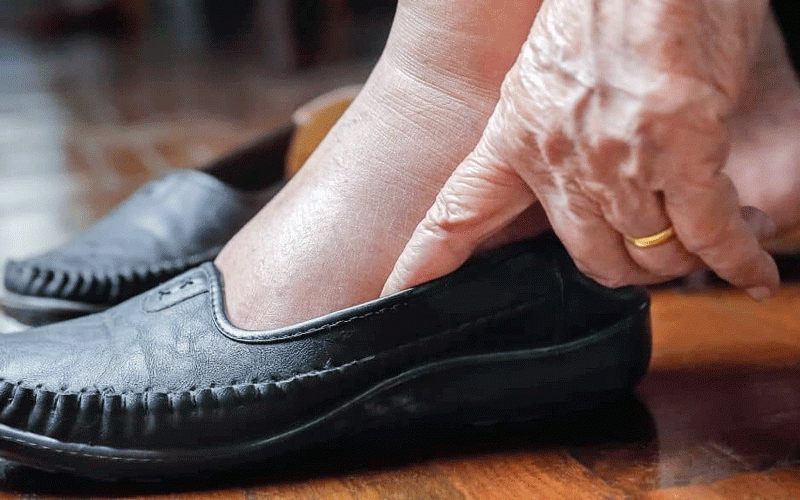
Zvanaka Gomo, a campaigner at the Epilepsy Support Foundation (ESF) told Standard-Health&Fitness that the lives of people living with the condition were endangered by “seizures and the stigma attached to the disease”.
Gomo was commenting on the introduction of electroencephalography (EEG) services by the foundation for the first time in Zimbabwe.
The EEG measures electrical activity of the brain to help determine the nature and source of epileptic seizures.
“The EEG machines are important in that it helps in further diagnosis of epilepsy,” Gomo said.
“This machine helps in diagnosing the type of epilepsy and which side of the brain it is emanating from.”
The acquisition of the EEG system was supported by the British Embassy for the Epilepsy Clinic to increase its support to disadvantaged people with epilepsy.
The equipment was valued at about US$21 000 last year.
One percent of Zimbabwe’s population is affected by epilepsy.
- Chamisa under fire over US$120K donation
- Mavhunga puts DeMbare into Chibuku quarterfinals
- Pension funds bet on Cabora Bassa oilfields
- Councils defy govt fire tender directive
Keep Reading
The effective use of EEG will help doctors treat seizure disorders more effectively.
According to the commission on the developing world of the international league against epilepsy (ILAE), a combination of traditional beliefs, poverty, lack of medical care and inability to fulfill social roles has a negative impact on the lives of people living with epilepsy.
One aspect influencing stigma is that many people believe epilepsy is contagious and can be spread by urine or saliva excreted at all times during a convulsion.











